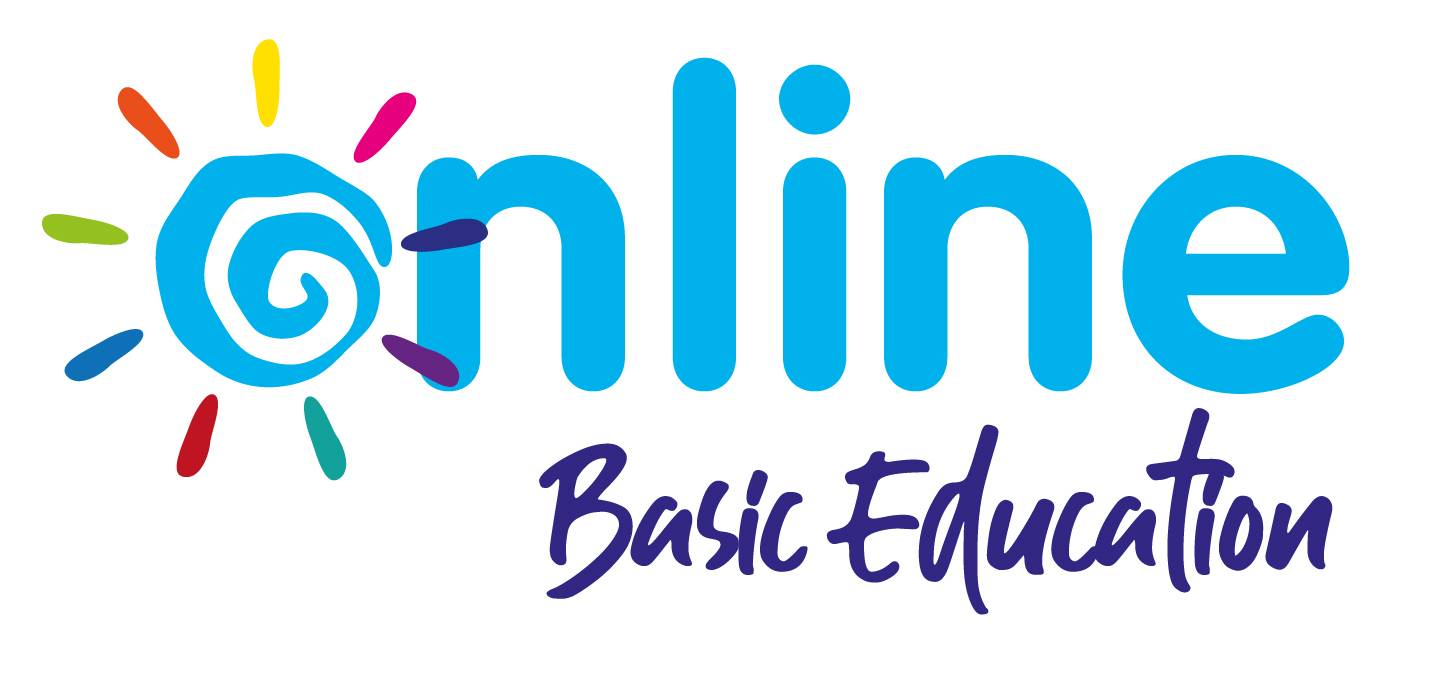The truth is that leaders aren’t just born—they’re shaped by their environment. And as a senior high school student, you’re in the perfect stage to begin building the skills that could one day make you a leader. You might wonder, “How do students develop leadership skills?” Asking that question is a bold first step because true leadership takes courage and a willingness to grow.
By learning leadership skills now, you’re not just preparing for the future—you’re opening up doors to personal and academic growth. Many people think leadership is reserved for a select few or that it requires specific titles, but in reality, anyone can become a leader with the right mindset and experiences. So, whether you’re part of an online K12 program or attending in person, there are plenty of ways to start your leadership journey.
Here, we’ll explore practical ways SHS students can begin developing leadership skills and understand why these skills are essential for your journey.
What is Leadership?
How important is leadership to a senior high school student? Leaders are what shape our world, and while you may not be making decisions that change the world at this stage, you can still make an impact on those around you.
You’ve probably seen different types of leaders, each with a unique approach. Some inspire others by setting a vision and encouraging everyone to work toward a common goal, while others focus on creating a supportive environment where every voice is heard. Leadership isn’t one-size-fits-all, and you don’t have to fit into a mold to be effective.
As a student, you may still be figuring out your own leadership style. That’s okay. Knowing about the different types of leaders can help you find an approach that aligns with your strengths and values. Whether you’re someone who prefers to support others or takes charge in situations, there are many paths to becoming an effective leader.
What are the Qualities of a Good Leader?
Great leaders share certain qualities that help them guide and support others. These qualities aren’t out of reach for you – they’re traits you can develop over time:
- Integrity – Acting with honesty and a strong sense of morality.
- Communication Skills – Expressing ideas clearly and listening actively.
- Empathy – Understanding and respecting different perspectives.
- Confidence – Believing in yourself and your decisions.
- Problem-Solving Skills – Tackling challenges thoughtfully and finding solutions.
- Decision-Making Skills – Making informed choices and considering all factors.
- Adaptability – Adjusting to new situations and challenges with ease.
Take a look at these traits, you may find that you already have at least one or more of these in your arsenal. But if you feel like you don’t have any, never worry because this can be developed throughout your life.
How to Develop Leadership Skills as an SHS Student
Academic Leadership
One way to start building leadership skills is to get involved in your classroom. Taking on roles like a class officer allows you to represent your classmates, collaborate with teachers, and take on responsibilities that help you develop organization and problem-solving skills.
Participating in academic competitions is another option. While competitions may not seem directly related to leadership, they help you build discipline, resilience, and teamwork – all crucial qualities of a strong leader.
Join Clubs and Extracurriculars
The truth of the matter is that you won’t learn everything you need within the four walls of a classroom. By joining clubs or extracurricular activities, you can start working on key leadership skills like teamwork, communication, and organization. Extracurricular involvement also lets you pursue your passions, making the experience valuable and enjoyable.
Whether it’s a sports team, debate club, or community service group, these activities push you to be active in other things besides schoolwork. The experience can teach you how to set goals, motivate others, and become more effective in group settings.
Volunteer Work
Apart from extracurricular activities and clubs, volunteering is another excellent way to develop leadership skills while contributing to your community. Through volunteer work, you’ll gain a sense of purpose, responsibility, and empathy. These experiences allow you to see different perspectives and challenges, helping you grow as a compassionate leader.
Consider looking into community service or local organizations where you can make a difference. As you take on more responsibilities, you’ll learn how to plan events, coordinate with others, and inspire change – all vital leadership skills.
Develop Soft Skills
Strong leaders rely on interpersonal skills to connect with and inspire others. These “soft skills” can be developed in everyday interactions and are essential for effective leadership. Here are a few to focus on:
- Effective Communication – Communicating ideas clearly and respectfully.
- Active Listening – Focusing on others’ input before responding.
- Public Speaking – Building confidence to speak in front of groups.
- Teamwork – Learning to collaborate and leverage group strengths.
- Conflict Resolution – Addressing disagreements constructively to foster harmony.
Aside from these interpersonal skills, you mustn’t forget about your personal soft skills as well. One key skill that stands out is time management. As a senior high student, time management skills may come in handy because you likely have more than one responsibility. With the right time management skills, you can stay organized and sure that you can handle the challenges that come with leadership.
Build Self-Confidence
Confidence is another crucial trait for any leader – and it’s not easy to build. Building self-confidence takes continuous effort and self-reflection to achieve.
Building self-confidence takes time, reflection, and consistent effort. True confidence comes from learning from mistakes, accepting feedback, and bouncing back from setbacks.
Set small, achievable goals to build momentum and create a sense of accomplishment. Each small win helps build confidence in your abilities, making it easier to tackle bigger challenges over time. Remember, setbacks aren’t failures—they’re growth opportunities if you look at them with a positive attitude.
Find Mentors
Finally, having a mentor or a coach can give you the guidance and encouragement you need on your leadership journey. After all, being a leader is not easy – at times you may even feel alone, so it’s important that you find the right people who can guide you on your journey.
You can seek out mentors among teachers, counselors, or experienced peers who are willing to share their wisdom and knowledge. Learning from experienced leaders allows you to observe how other people handle challenges, and they may even offer practical lessons in leadership. Just remember to pay it forward and teach others how to help SHS students develop their leadership skills and their own style.
Becoming a Leader in Your Own Space
Developing leadership skills in senior high is a rewarding journey, and it’s filled with opportunities for both personal and academic growth. There’s no single “right” way to build these skills, so don’t be afraid to branch out, try new things, and explore different paths to becoming a leader.
These skills will benefit you well beyond online SHS – they’re tools you’ll carry with you throughout your life. Embrace the journey, put effort into every opportunity, and before you know it, you’ll find yourself shaping the world in your own unique way.






